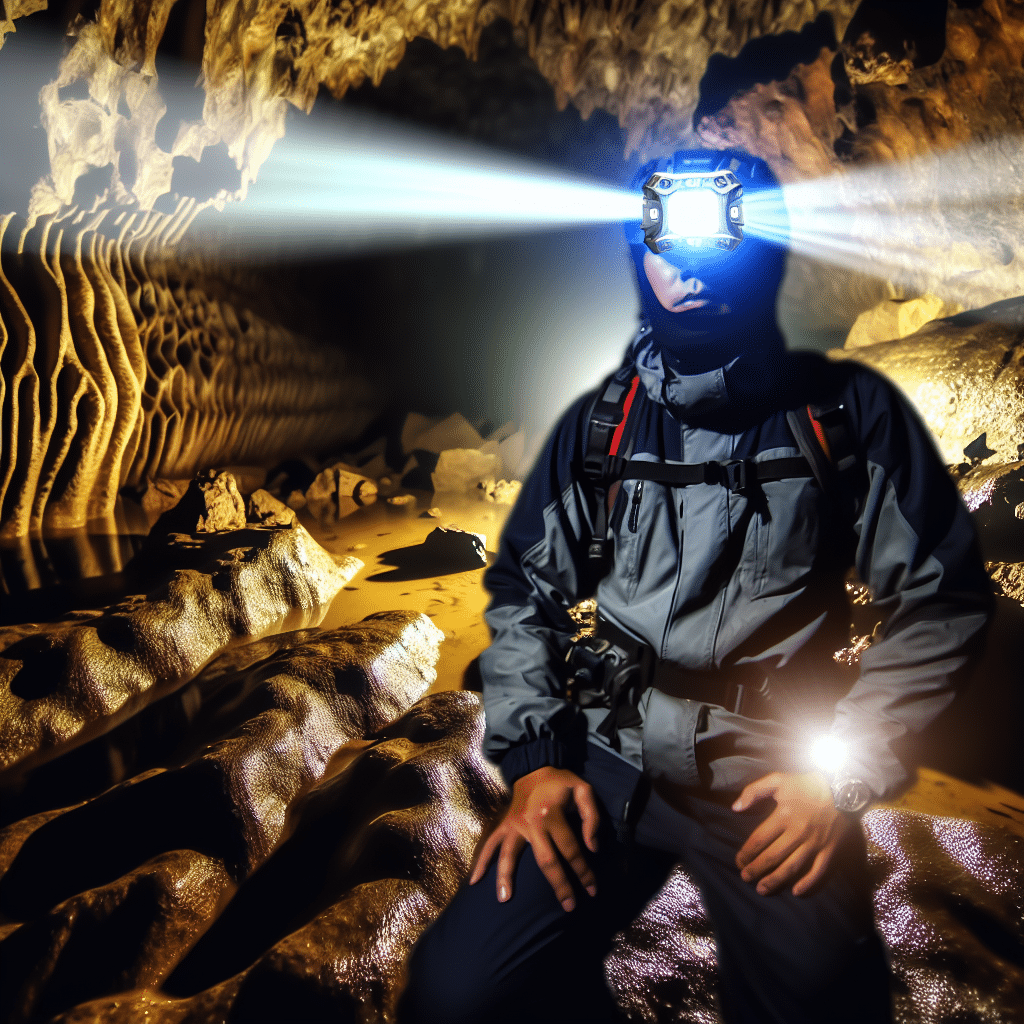Are you looking to explore the great outdoors but find yourself puzzled by the jargon? You’re not alone. The terms “hiking” and “trekking” are often used interchangeably, leading many to wonder if there’s truly a difference. While both involve moving on foot through nature, they offer distinct experiences, challenges, and rewards.
Understanding the nuances between hiking and trekking is key to choosing the right adventure for your fitness level, time commitment, and thirst for exploration. Let’s solve this riddle and help you discover which path calls to your adventurous spirit!
Hiking: Your Accessible Outdoor Escape
Hiking is the most common form of outdoor walking, inviting millions to connect with nature on established paths and trails. It’s a broad term that encompasses everything from a leisurely stroll in a local park to a challenging ascent up a mountain.
What Defines a Hike?
At its core, hiking emphasizes immersion in nature over reaching a specific, remote destination. It primarily involves day trips, meaning you start and finish your journey within the same day, returning home or to a base camp.
Hikes typically follow well-marked trails, ranging from paved paths to rugged dirt tracks. The beauty of hiking lies in its accessibility, allowing adventurers of all ages and fitness levels to find a suitable route.
Key Characteristics of Hiking
- Duration: Most hikes are completed within a single day, lasting anywhere from an hour to several hours.
- Terrain: Generally takes place on established paths, national park trails, or well-maintained routes, though terrain can vary from flat to mountainous.
- Equipment: Requires minimal specialized gear. Comfortable walking shoes or hiking boots, weather-appropriate clothing, water, and snacks are usually sufficient.
- Logistics: Often simpler to plan, involving less preparation and fewer logistical challenges.
- Fitness Level: Accessible to a wide range of fitness levels, with trails available for beginners to experienced outdoor enthusiasts.
Benefits of Embracing Hiking
Hiking offers a wealth of physical and mental health advantages. It’s an excellent cardiovascular workout, boosting stamina, strengthening muscles, and burning calories. Beyond the physical, it acts as a powerful stress reliever.
Spending time in nature has been scientifically linked to reducing anxiety and depression symptoms, improving mood, and enhancing overall mental well-being. Hiking provides a perfect opportunity to breathe fresh air, admire scenic views, and clear your mind.
Trekking: The Multi-Day Wilderness Expedition
Trekking elevates the outdoor walking experience, transforming it into a more intensive and extended journey. It’s an adventure typically undertaken in rugged, remote, and often challenging wilderness areas over multiple consecutive days.
Defining a Trek
Unlike a day hike, trekking is an expedition into the backcountry, often far from civilization and established facilities. The emphasis shifts from a simple nature walk to a sustained journey that tests endurance, self-sufficiency, and resilience.
Trekkers typically carry all their supplies, including camping gear, food, and water, navigating through diverse and unpredictable environments. This can involve crossing high mountain passes, dense forests, or vast desert landscapes.
Key Characteristics of Trekking
- Duration: Always multi-day, lasting from a few days to several weeks or even months.
- Terrain: Involves challenging, remote, and often unmarked wilderness areas, potentially requiring navigation skills off-trail. Expect diverse environments like high altitudes, dense jungles, or extensive deserts.
- Equipment: Demands specialized gear, including tents, sleeping bags, cooking equipment, robust navigation tools, water purification systems, and often a first-aid kit designed for remote situations. Porters or guides are frequently employed.
- Logistics: Requires extensive planning for routes, supplies, permits, safety protocols, and potential emergency contingencies.
- Fitness Level: Demands a high level of physical fitness, mental endurance, and often specific outdoor skills like navigation, camping, and basic survival.
Rewards of an Epic Trek
Trekking offers profound rewards beyond physical fitness. It’s an ultimate test of mental fortitude, resilience, and problem-solving skills, leading to immense personal growth and a deep sense of accomplishment. The physical benefits are significant, including improved cardiovascular strength, muscle endurance, and overall body conditioning.
Moreover, trekking fosters an unparalleled connection with nature, allowing for extended periods of solitude and reflection in pristine environments. It’s an opportunity for self-discovery, pushing personal boundaries, and forging unforgettable memories in some of the world’s most breathtaking landscapes.
Hiking vs. Trekking: A Side-by-Side Comparison
To help solidify your understanding, here’s a quick comparison of the key differences between these two fantastic outdoor activities:
- Duration: Hiking is typically a day trip; Trekking is a multi-day journey.
- Location: Hikes are often on established trails closer to civilization; Treks venture into remote wilderness.
- Difficulty: Hiking ranges from easy to strenuous; Trekking is generally more physically demanding and challenging.
- Equipment: Hiking requires basic gear; Trekking demands specialized camping, navigation, and survival equipment.
- Logistics: Hiking is simpler to plan; Trekking involves complex preparation for supplies, routes, and safety.
- Purpose: Hiking often focuses on enjoyment and exercise; Trekking emphasizes expedition, endurance, and self-sufficiency.
Which Adventure Awaits You?
The choice between hiking and trekking ultimately depends on your personal preferences, current fitness level, available time, and your desired intensity of outdoor experience. Both offer incredible ways to explore the natural world, but they cater to different adventurous spirits.
Choose Hiking If:
- You’re new to outdoor activities or prefer shorter outings.
- You have limited time but still want to connect with nature.
- You’re looking for a relaxing, less strenuous way to exercise.
- You prefer established trails and the convenience of returning home at day’s end.
Choose Trekking If:
- You crave an extended adventure and are prepared for multi-day expeditions.
- You possess a good to high level of physical fitness and mental endurance.
- You’re comfortable with remote wilderness, unpredictable conditions, and self-sufficiency.
- You seek a profound sense of achievement and a deep immersion in challenging environments.
Embark on Your Next Outdoor Journey
Whether you’re lacing up your boots for a local trail or packing your backpack for a multi-day wilderness traverse, both hiking and trekking promise enriching experiences. They offer unique opportunities to improve physical health, enhance mental well-being, and forge an unforgettable bond with the natural world.
The most important thing is to prepare adequately, understand your capabilities, and always respect nature. So, decide which adventure calls to you, gather your gear, and step out. Happy adventuring!



